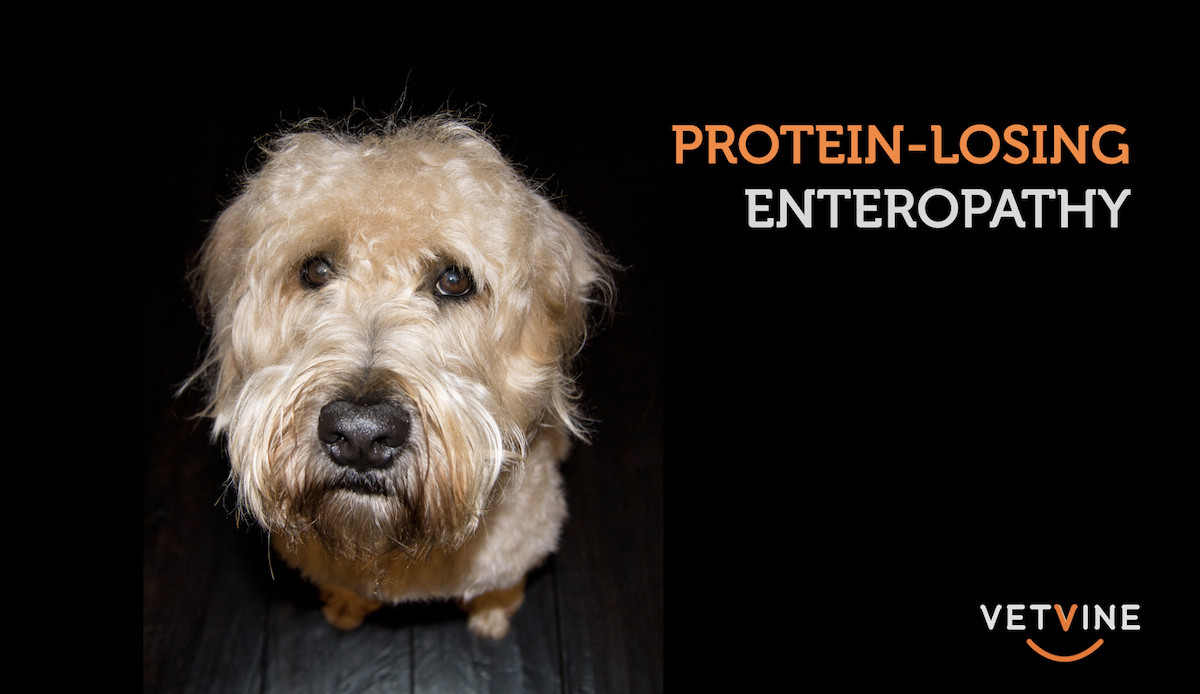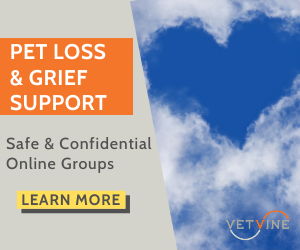How mothers matter: The influence of early maternal interaction on offspring behavior and development
Free
(Non-CE / CE Eligible)
Free
for Premium Membership subscribers





